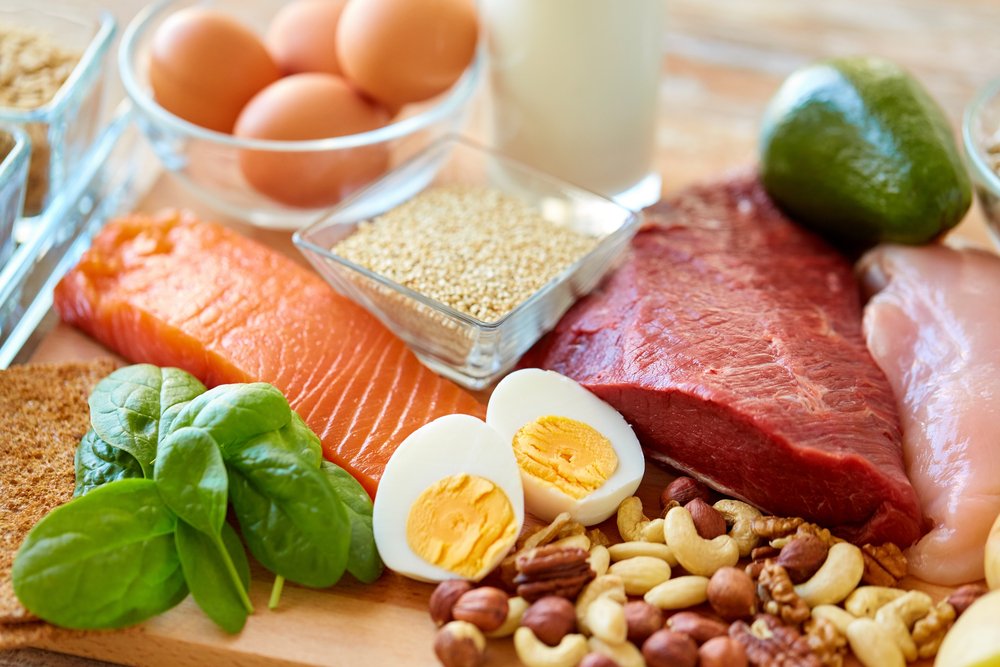
Understanding Protein: Your Essential Guide for a Healthy Diet and Sustainable Eating
Protein is such an important part of our diets, isn’t it? It’s the building block that helps us repair tissues, supports our immune system, and plays a role in making those vital enzymes and hormones our bodies need. But here’s the thing: not all proteins are the same. As you make food choices each day, it’s super helpful to understand both the quantity and quality of the protein you’re consuming. In this guide, we’ll chat about why protein matters, how much you really need, and the environmental effects of your protein sources. So let’s get started!
Why Understanding Protein’s Importance Is Key
You’ve probably heard protein described as the foundation of a balanced diet. While it’s easy to fixate on how much protein we’re getting, where that protein comes from is equally crucial. Research is surfacing all the time about how different protein sources impact both our health and the planet. So how much do you need, and what’s the best stuff to prioritize? Let’s break it down together.
What’s the Recommended Protein Intake?
The Basics
The National Academy of Medicine suggests that the average adult should aim for 0.8 grams of protein per kilogram of body weight each day. If you’re around 150 pounds (or about 68 kilograms), that means targeting 54 grams of protein daily. This recommendation fits into 10% to 35% of your overall caloric intake, which offers flexibility for different lifestyles and activity levels.
Individual Needs Vary
It’s important to remember that lots of factors can change how much protein you need, like your age, gender, level of activity, and your general health. For example, athletes might require more protein for muscle recovery, while older adults may need a bit extra to stave off muscle loss.
Quality Over Quantity: Why the Source Matters
You’ve probably heard it said, “You are what you eat.” But let’s tweak that: “You are what you absorb.” The real health benefits we get from protein often depend less on how much we eat and more on where that protein comes from.
Plant-Based vs. Animal-Based Proteins
Plant-based proteins, which you can find in foods like legumes, nuts, seeds, and whole grains, are linked to a lower risk of chronic diseases like heart disease and type 2 diabetes. On the flip side, diets high in red and processed meats can lead to some serious health problems, including increased chances of cardiovascular issues and certain cancers.
– Legumes and nuts come with a bonus: they’re loaded with fiber, vitamins, and healthy fats, which help keep you full and can assist in maintaining a healthy weight.
– However, consuming a lot of red and processed meats can raise cholesterol levels and lead to other health complications. Studies show that swapping these for healthier options, like beans or chicken, can significantly lower health risks.
Research Backing the Source Quality
Interesting research from Harvard highlights that the percentage of calories from protein doesn’t really connect to overall mortality. What does matter, though, is the source of those calories. People who replace red and processed meats with plant-based proteins or lean meats showed a significantly reduced risk of cardiovascular disease.
The Environmental Impact of Your Protein Choices
Let’s not forget: what we eat also influences the world around us. It might come as a surprise, but animal-based proteins, especially red meats, contribute to much higher greenhouse gas emissions than plant-based proteins.
The Greenhouse Gas Footprint
To give you some perspective:
– Producing one pound of lamb creates five times the greenhouse gases of chicken, and thirty times that of lentils.
– These numbers really emphasize the environmental perks of shifting towards a more plant-based diet.
When you cut back on high-emission protein sources, you’re not only benefiting your health but also doing your part for the planet.
How to Put This Information into Action
Now that you understand protein and its effects, how can you make better choices? Here are some practical tips that can help you navigate your diet:
1. Choose High-Quality Protein Sources:
– Load up your plate with lean meats, fish, legumes, nuts, and seeds. These choices not only offer health benefits but are often more sustainable options.
2. Cut Back on Red and Processed Meat:
– Try swapping out red meat for alternatives like chicken, turkey, or legumes. If you do enjoy red meat, aim for lean cuts and control your portions.
3. Experiment with Plant-Based Meals:
– Give meatless meals a shot a few times a week! Think about chickpea salads, lentil soups, or veggie chili—delicious, nutritious, and easy on the earth.
4. Stay Informed:
– Keep up with guidelines from trustworthy sources like the Australian dietary guidelines. They point out that most folks can get all the protein they need from whole foods without turning to supplements.
5. Talk to a Health Professional:
– If you have unique dietary needs or health issues, don’t hesitate to reach out to a nutritionist who can offer personalized guidance.
Conclusion
Protein isn’t just another nutrient on a list; it’s a fundamental part of a healthy diet and an eco-friendly lifestyle. By understanding your protein needs and making conscious choices about where your protein comes from, you can nurture both your own health and that of the planet.
What are your favorite high-quality protein sources? Or do you have any go-to plant-based meal ideas? Drop a comment below—I’d love to hear how you approach this! Let’s take this journey towards healthier eating together, one thoughtful choice at a time. Remember, it all starts with knowledge and those small, intentional steps!
Written by Alexander Babinets
Founder of Express Fitness, certified coach, and author helping people get in shape without excuses.
📍 expressfitness.ca | 📩 info@expressfitness.ca
👤 More about me → alexanderbabinets.com
Hashtags: #protein #health #based #what #plant #need #proteins #much #sources #like #meats #diet #choices #quality #about
